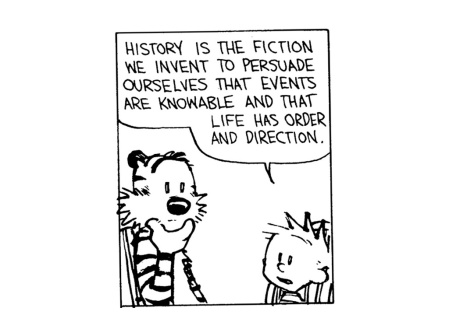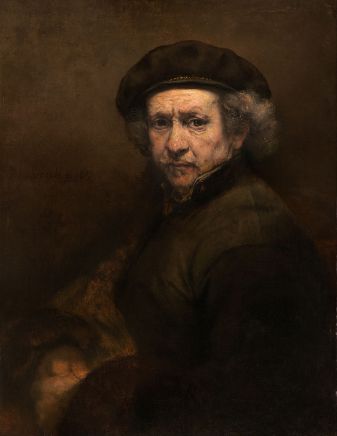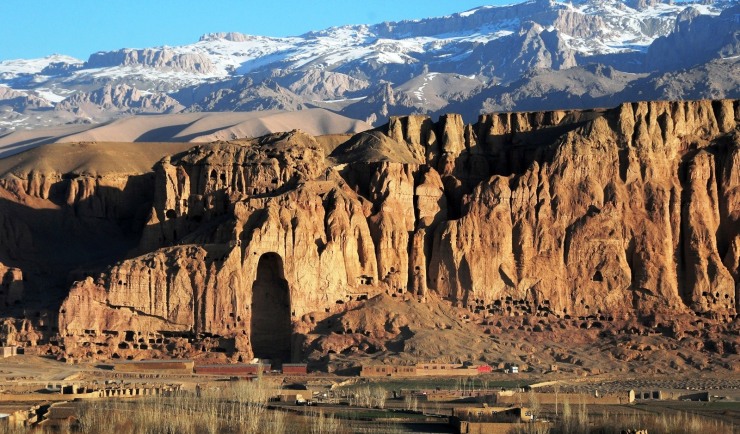Who are they? The real definers of our times, those whose works after centuries shall be looked at with much affection and respect. “He was a true forward thinker for his age and she truly shaped human thought”. Of whom will such statements be made, if at all? If history is any proof then the men and women of science shall probably not receive too much attention. But then besides them who are the ones considered the brains today? CEOs, business leaders, political leaders and generals don’t even qualify for their importance fades with their age.

Perhaps the only class of people that withstands the withers of time is that of the philosophers, those who define civilization while spending most of their lives outside of its confines. Consider any age, while conquerors and brutal killers have had a special place, aren’t the most widely known the shapers of morality, sensibility? Well they may be with your philosophical hat on, I mean Newton and Galileo are also well known and not for their philosophies, primarily. What about Shakespeare or Rembrandt, while their work by its artistic nature posed some of the greatest questions facing humanity, that was not their sole intent. Socrates and Chanakya and others then must be accused of being the only entities of their age who were not eroded by time. They were perhaps not very exceptional, I mean you have your doubts as soon as you hear of the self sacrificing sage and his hemlock drinking days, or day. Men like these are just the ones about whom records continue to exist. Their importance is perhaps only by inclusion in texts which survived. But they were worth inclusion in some text and probability suggests that their mention was in considerable texts of their time.

Then the selection process of time and history is influenced by nature and human civilization’s course. So say human civilization’s course were H, N is Nature then S = f(H,N) where the term function is used rather loosely. H = g(S,N) and so on. Of course the temporal context of each variable is important. The history that is presented to us now is a result of Human Civilization till now. What shall be presented some years from today will also include today. So it builds on it self. This also means that how you interpret the past today, changes the course of today which drives what from the past gets carried on for tomorrow. Imagine a situation in which the 3rd Reich was successful. Surely some of the major facets of Human History prior to its conquest would get wiped off the slate. One has to only look at the fig leaf covered genitals that displeased a prudent pope or the chopped off heads of deities in Indian museums to see how intolerance leaves visible evidence of attempts to rewrite or cleanse history. We might not even know many episodes, years ago which have been completely wiped off. A tolerant society may allow the propagation of ideas which it doesn’t approve of for the sake of allowing future generations to make the choice of their own priorities. Its a non existent kind of hopeful scenario but one day it might be true.

So today we have those who praise the current political models and the consistent critics, but whose voice shall carry over time? The detailed recording and meticulous tracking of everything we do today ensures that no contemporary view shall be lost for the lack of documentation. But what makes us believe that this wasn’t the case for years gone by? Are all the records of history complete? Shall the random blithering of a few bloggers or diary writers shape the future’s view of us? Shall the systems that store our data come to a grinding halt and result in complete information loss? Perhaps the only way one can be assured that his and her beliefs and ideas or that of greater minds live on is that if they impact a broad enough spectrum of civilization. The great conquests of Alexander and Genghis Khan were not only remembered and enshrined in history for their brutality but their impact on culture. Conquering leads to immigration, inter mingling of culture and thus anthropological & archaeological evidence of the event. A school of thought is measured by the text but also by the men it moves. Thus if not in the life of the thinker, in that of his immediate predecessors there should be a good chance of this idea propagation. The annals of humanity are like voracious black-holes, flinging oblivion at the existence of most humans. So there is a need of recognition and repute, even if ill for future generations to be bothered to reassess a person’s work after his passing. The entirely passive thinker, one confident in his or her thought but not in its canvassing, needs to speak up and make his mind heard. For if he doesn’t, though his own metaphysical self might not realize his lack of utility, it shall be similar to a non thinker. Thus to think and not speak is in the eyes of the world, not to think at all.
Is that such a bad thing? A question for another debate. But the gist provides an answer, if an ambiguous one to the title question. Who is the brain of this life time?
It might be you, you are not likely to know if you are. But knowing if you aren’t at all, isn’t difficult. Affect a life, preferably a young life, that’s your only hope of keeping your mind alive after it has stopped receiving its daily dose of oxygen.
very nice post and picture……..realy great post………..thanks for this……………..
LikeLiked by 1 person
Thanks Amul. 🙂
LikeLike